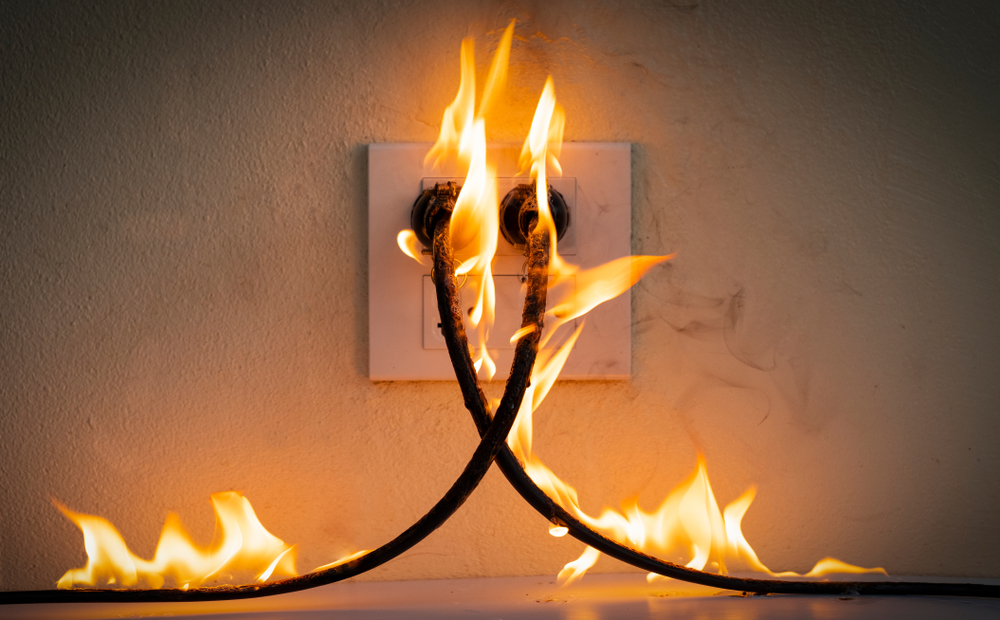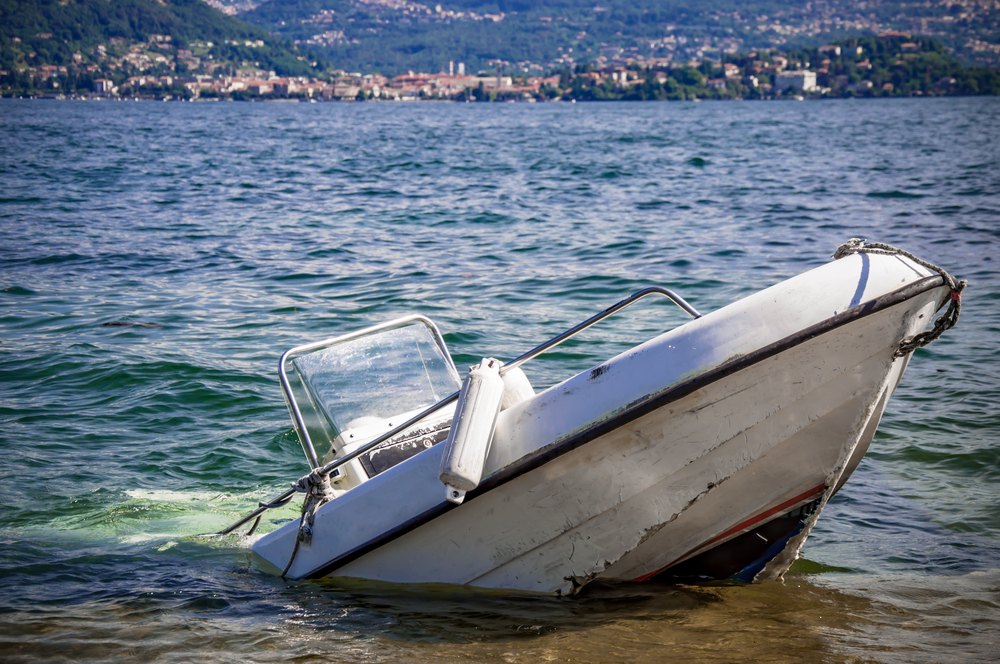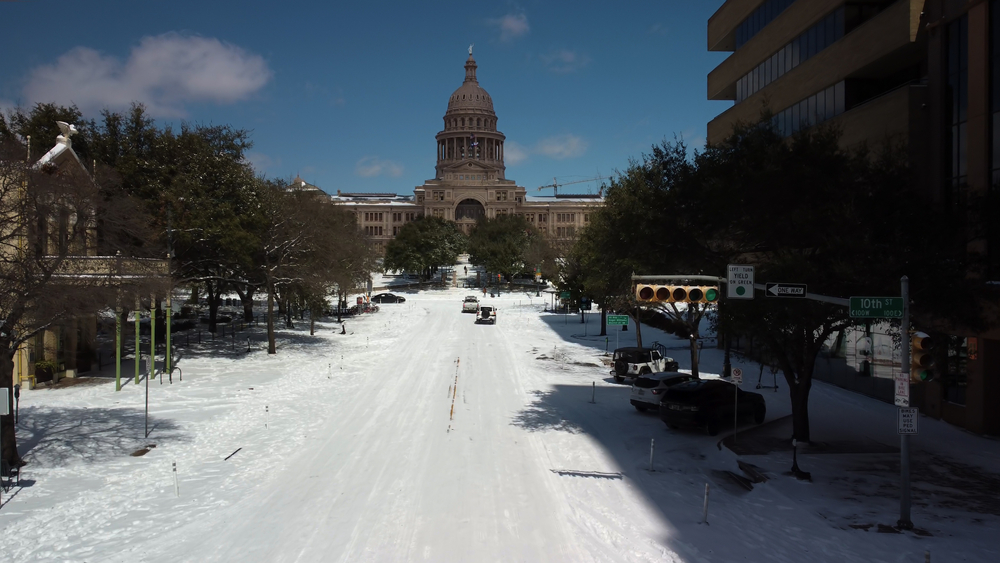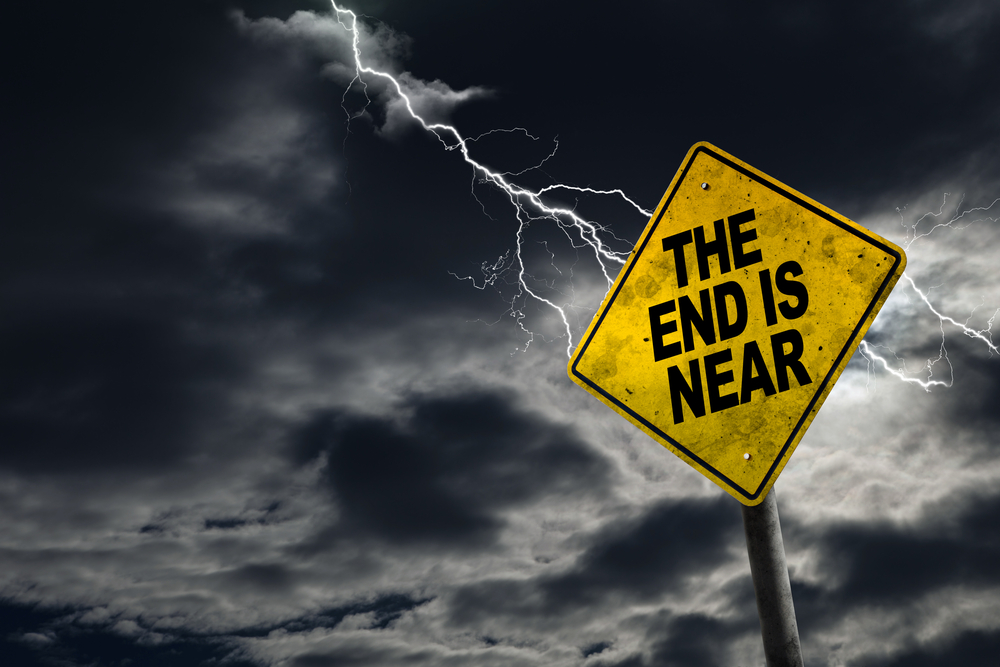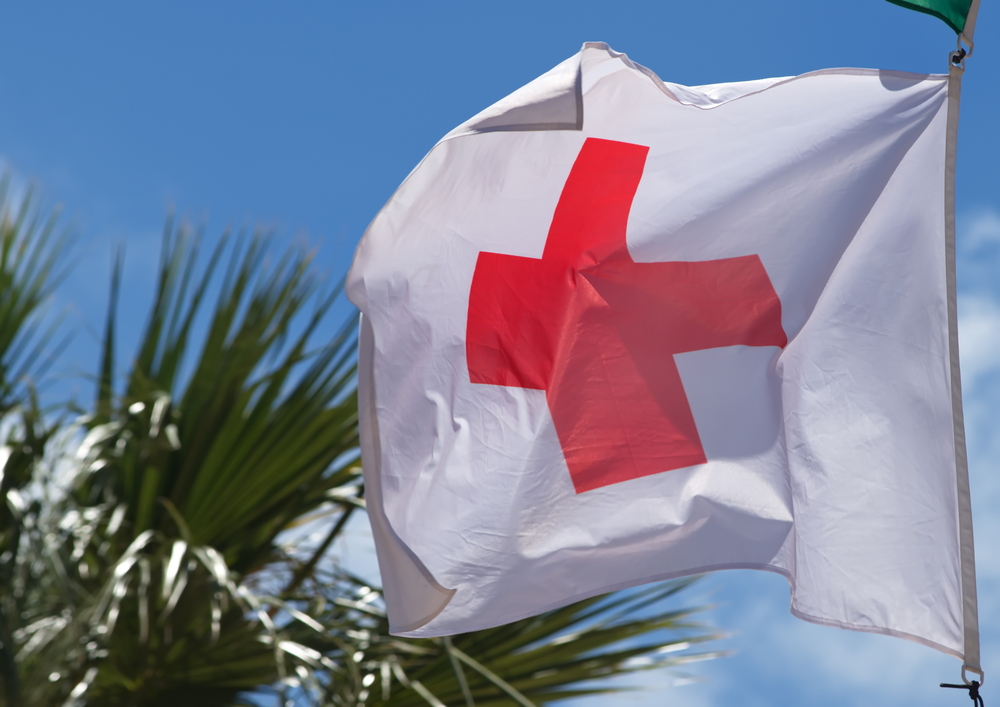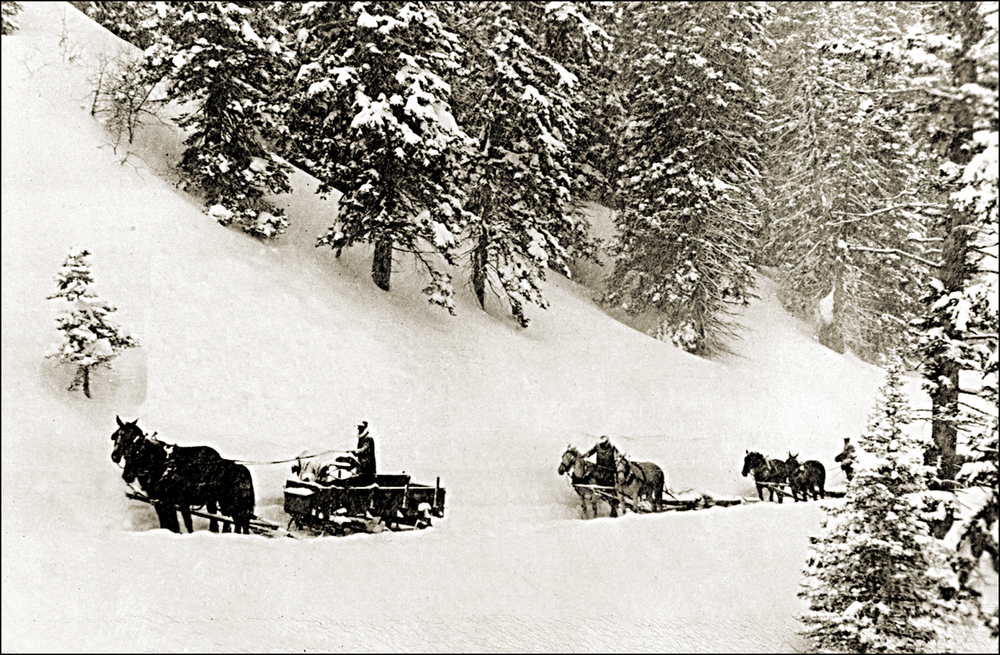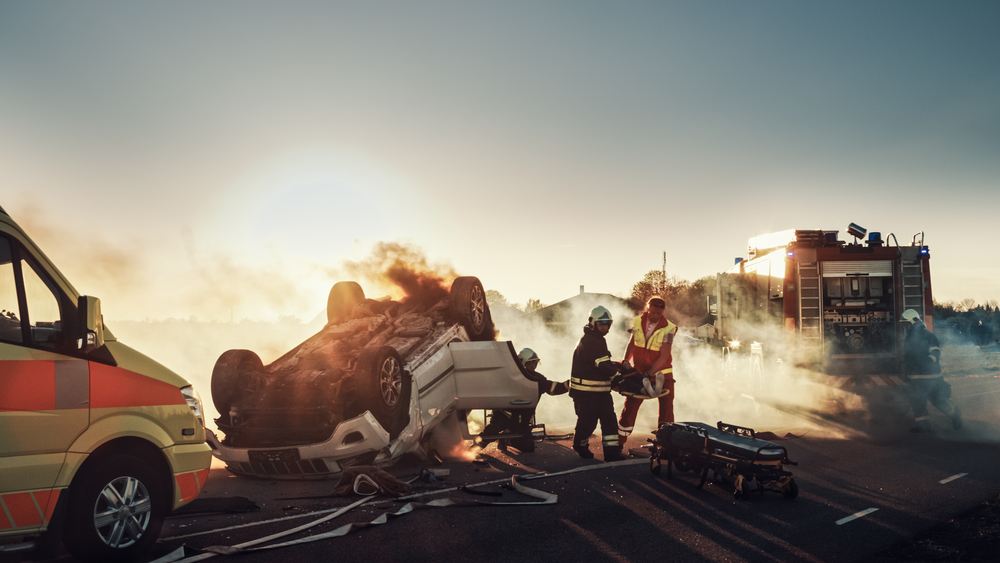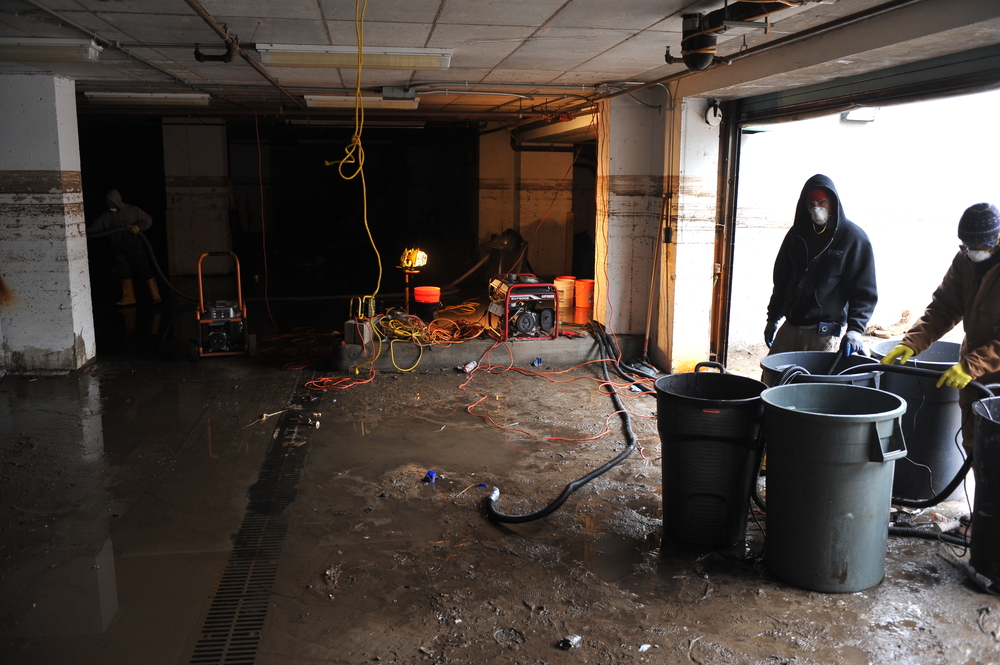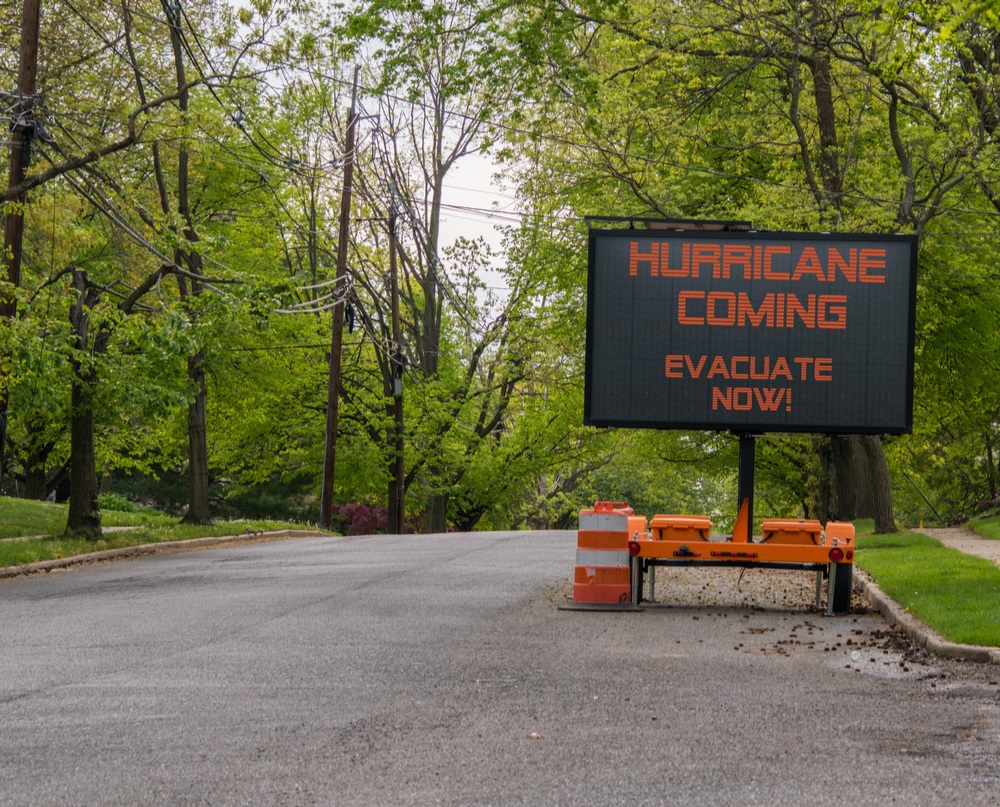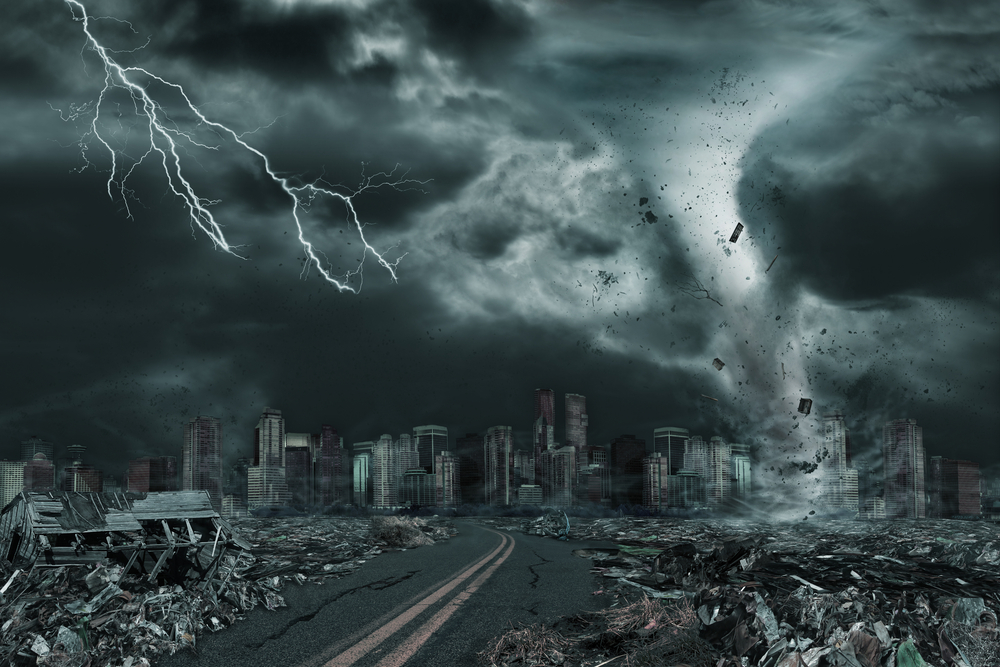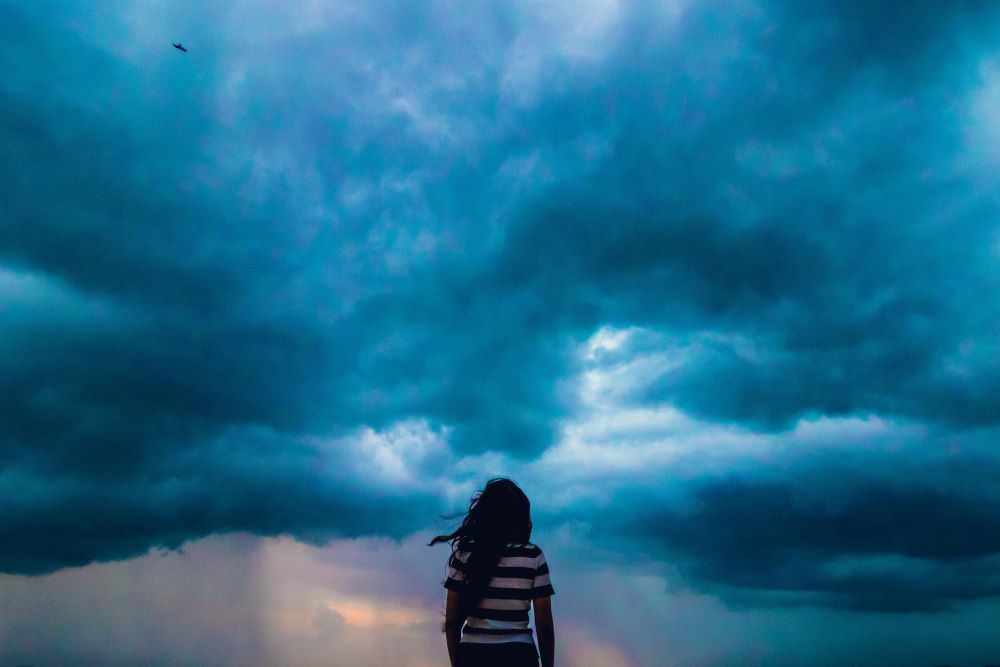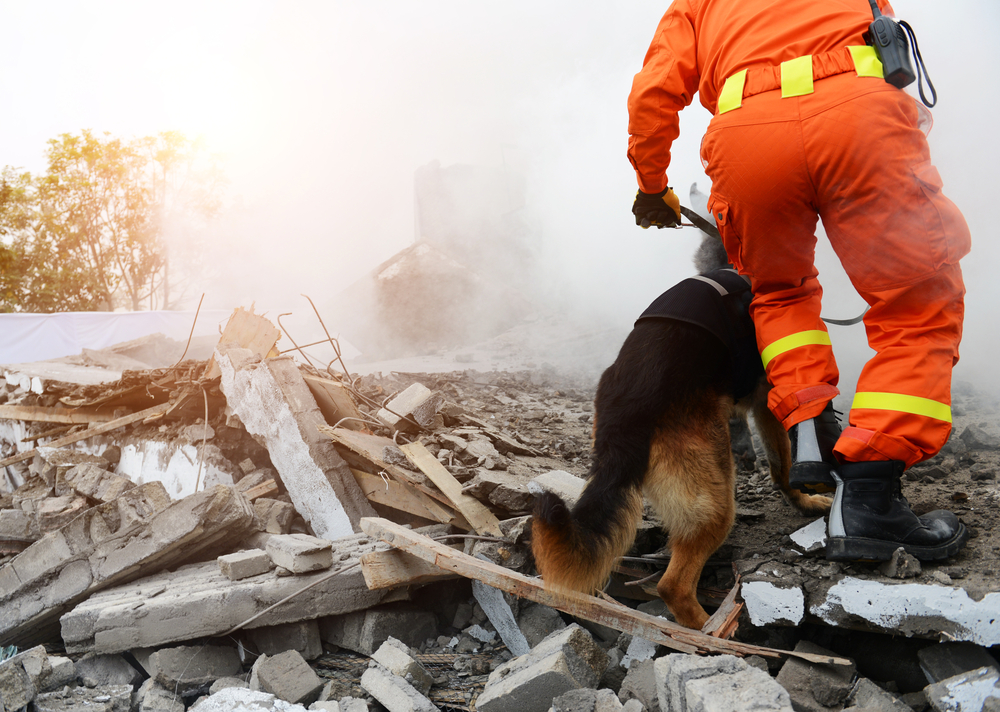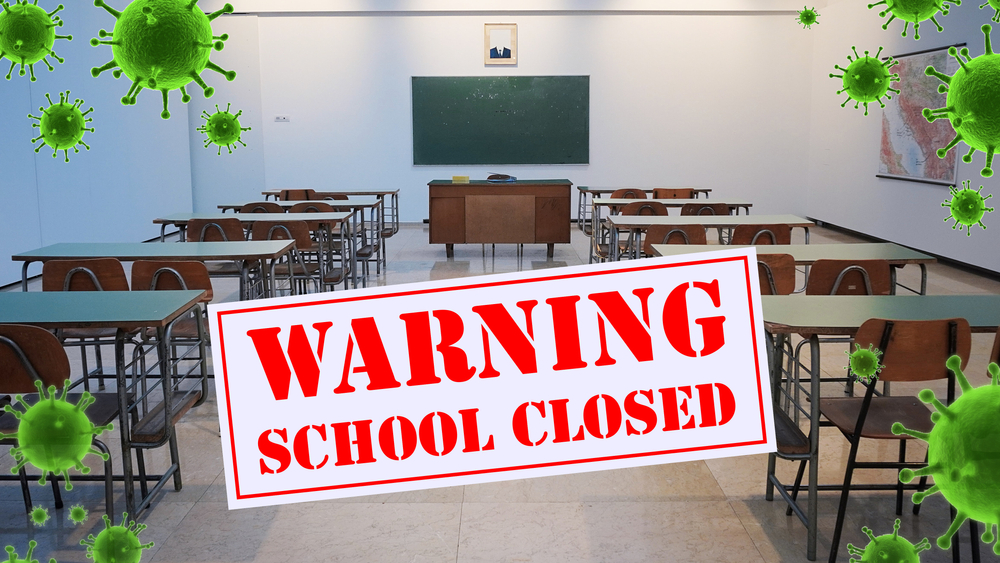Disaster Scenarios
Home fires: How to protect your house
If you live in an environment/region that is prone to wildfires, you should plan to protect your home from fires as best as you
How to Survive a Boating Accident
Whether you boat for work, transportation, or play, boating is an inherently dangerous environment, so I hope you find a pointer or two here
Sudden Freezes: The Cascading Problems they Cause
The arctic blast that blanketed the United States has hit Texas particularly hard. Being a warm state, Texas doesn't see much cold weather.
The Layered Approach to Survival
Our understanding of disasters and the risks we face have expanded. We now have a whole plethora of disaster scenarios we study, seeking out
The End Is Near: Here’s the Gear You Need
There are a many disasters that can cause terrible damage and break down the distribution of community resources, wreak havoc on commerce, and crush
Is a Program like CERT, Search & Rescue, or the American Red Cross Right for You?
During disasters we learned what survivalists had predicted for decades: emergency responders will respond after they and their household are squared away.
Motive Power without Cars. What to Use
One of the biggest problems that can possibly face us in a TEOTWAWKI world, especially one in which the grid has gone down is
How to Survive a Car Crash
There are more than 6 million car accidents in the United States every year, resulting in 3 million injuries annually and more than 90
How To Protect Your Preps
If you live in an area that’s prone to earthquakes, you probably don’t want your cache on the other side of a river, with
When Should You Apply Your Bug-Out Plan?
When a natural disaster occurs, bugging out may be the only logical and proper decision you can make since it is the only thing
How To Survive Multiple SHTF Events
2020 has taught us that disasters don’t come in neat little packages, totally isolated and presented to us one at a time so that
Are We Looking At The Wrong Numbers?
It seems like none of the big companies out there are seeing this, so they’re not taking advantage of it. That leaves the opportunity
How To Prepare For The Hurricane Season During This Pandemic
Avoid touching your mouth, nose, ears, and face, wear your mask, practice social distancing as much as possible, and wash your hands frequently.
12 Places You Must Avoid During A Disaster + What To Do Instead
People live and work closely together daily, but when SHTF, all these people you’re used to will surely become a danger and a threat
Should The U.S. Open The Schools?
Maybe we’ll be able to send our kids back to school. It may end up being that we, as a society, opt for distance


